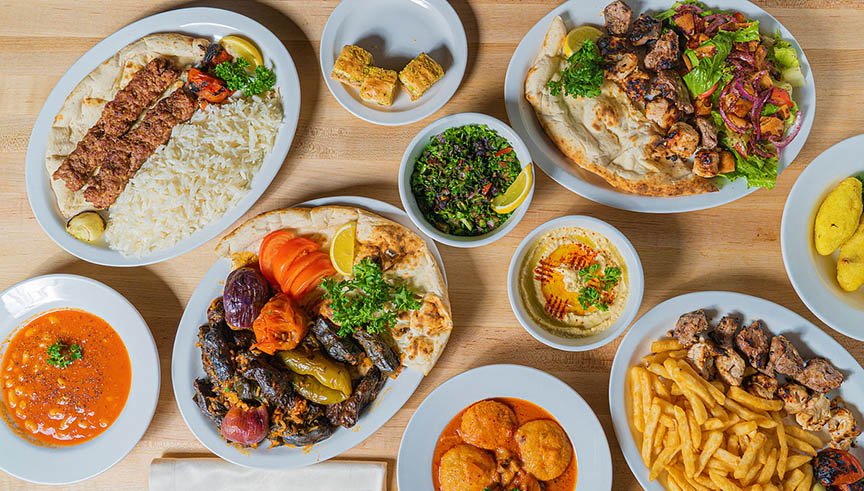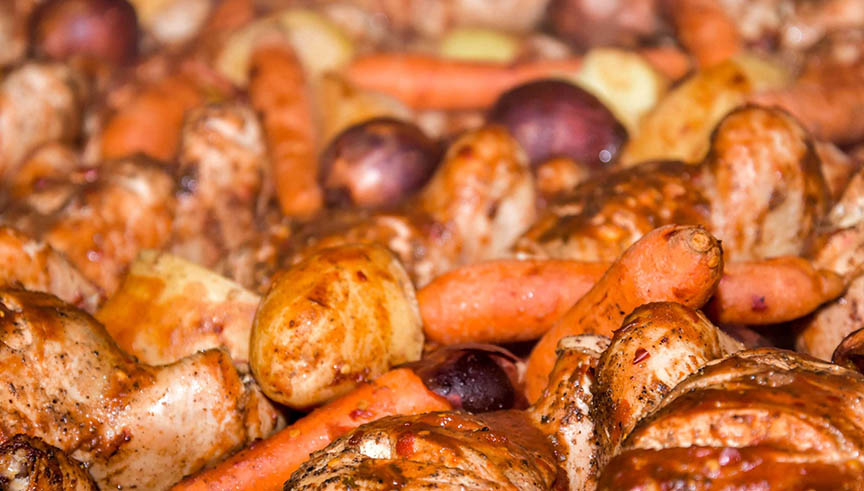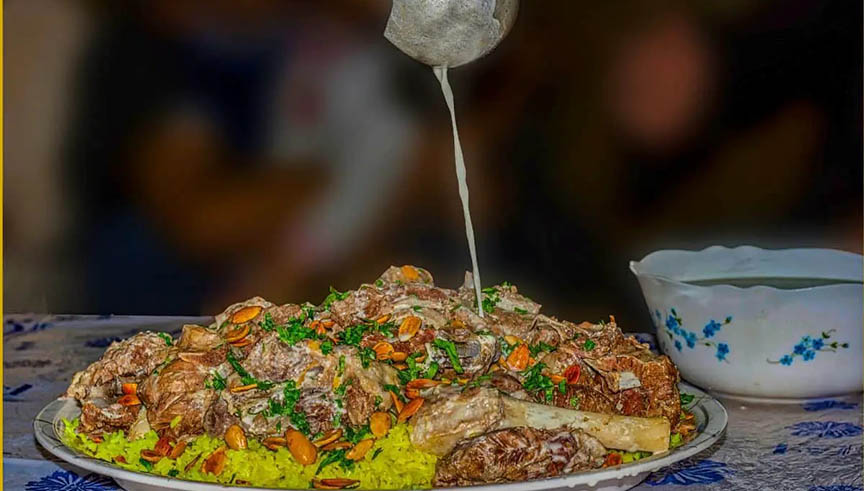
Today, I’m taking you on a culinary and cultural journey through Jordan, a land filled with ancient history and rich traditions. I believe that food and culture are some of the most fascinating parts of any trip. Jordan, with its ancient ruins and breathtaking landscapes, also offers a culinary experience that is not to be missed. I’ll guide you through Jordan’s traditional foods, how to enjoy them, and provide some useful tips for a truly immersive experience.
Jordanian Dining Traditions: A Blend of Hospitality and Heritage
In Jordan, food isn’t just for sustenance—it is a vital part of social gatherings, a symbol of respect, and a way to bond with family and friends. The way food is served and shared is deeply rooted in the culture, and meals are often seen as a means of connection, not only with those around you but also with the community.
When you visit a Jordanian household, you can expect to be welcomed with open arms and generous servings of food. The act of sharing meals is so important here that meals are rarely eaten alone. In Jordan, it is a common practice to sit around a large communal platter and share dishes with family and guests, creating an atmosphere of togetherness and warmth.
Food plays a central role in the country’s social rituals. Whether it’s a family gathering, a wedding celebration, or a religious festival, meals bring people together and are often prepared with great care and tradition. Many of these meals have been passed down through generations, maintaining the culinary heritage of Jordan.
Mansaf: Jordan’s National Dish
Among the many traditional dishes, Mansaf is undoubtedly the most iconic and a must-try when you’re in Jordan. This dish consists of lamb, rice, and a unique yogurt-based sauce called Jameed. It is the quintessential dish of Jordanian cuisine, representing the rich cultural heritage of the country.
Mansaf has a deep historical significance, with its roots dating back to the Bedouin tribes of the region. Traditionally, it is prepared for special occasions and served to guests as a sign of hospitality and respect. The dish is made by simmering lamb until tender and then mixing it with a tangy yogurt sauce, which is poured over a large platter of rice. The richness of the yogurt sauce and the tenderness of the lamb create an unforgettable combination that embodies the heart and soul of Jordanian cuisine.
The size of the Mansaf is usually large, and it is meant to be shared among many people, emphasizing the importance of community and togetherness. If you find yourself in a Jordanian home, don’t be surprised to see everyone gathered around the table, digging into the Mansaf with their hands, an act that symbolizes unity and respect for each other.
Al-Zarb: Desert Cooking at Its Best
Another must-try dish in Jordan is Al-Zarb, a traditional Bedouin dish that originates from the desert regions of the country. What makes Al-Zarb truly unique is its method of preparation—cooked underground in a sandpit. The dish typically consists of lamb or chicken, which is seasoned and then placed in a large pot, buried in the sand, and cooked slowly over hot coals.
The result is a tender and flavorful meat, infused with the smoky aroma of the desert, that is unlike anything you can find in a regular kitchen. Al-Zarb is not only a delicious meal but also an integral part of Bedouin culture. When you visit the desert, you might have the chance to join a traditional Bedouin feast, where you’ll be served Al-Zarb around a campfire under the starry desert sky. The experience is truly unforgettable, combining the flavors of the dish with the vast, serene desert surroundings.
The tradition of cooking Al-Zarb in the desert goes back centuries, and it continues to be a popular choice for celebrations and gatherings in the desert. If you ever find yourself in the Jordanian desert, make sure to join the locals for this unique culinary experience.

Expert Tips: How to Best Experience Jordanian Cuisine
I want to share with you some expert tips that will help you make the most out of your food journey in Jordan:
1. Understand the Dining Etiquette
In Jordan, there are certain dining customs you should be aware of to fully appreciate the cultural experience. For example, it’s customary to eat with your right hand only, as the left hand is considered impolite for eating. In many traditional settings, the oldest person at the table may begin eating first, and everyone else will follow suit. Sharing food from the same platter is a way of showing respect, so don’t be shy about digging in.
2. Explore Local Street Food and Desserts
Jordanian street food is a delicious and convenient way to sample the local flavors. Don’t miss out on dishes like Falafel (fried chickpea patties), Hummus (chickpea dip), and Shawarma (spit-roasted meat wraps). These street foods are an essential part of the Jordanian culinary landscape and are perfect for a quick snack or lunch.
For dessert, Jordan offers a wide range of sweet treats, including Knafeh (a sweet, cheesy pastry) and Baklava (flaky pastry filled with honey and nuts). These desserts are perfect for satisfying your sweet tooth and offer a taste of the Middle Eastern culinary tradition.
3. Don’t Miss the Traditional Arabic Tea
In Jordan, drinking tea is more than just a habit—it’s an important social activity. Whether you’re visiting a local’s home or sitting in a café, don’t forget to try the traditional Arabic tea, which is usually flavored with mint and sweetened with sugar. This tea is served in small glasses and is often enjoyed with friends and family while engaging in lively conversation.

4. Visit Local Markets and Restaurants
Jordanian souks (markets) are a fantastic place to experience the local food culture. You can find fresh spices, fruits, vegetables, and meats, as well as ready-to-eat meals from food vendors. Don’t be afraid to wander through these bustling markets and sample some of the local delicacies. If you’re looking for a more formal dining experience, many of Jordan’s traditional restaurants offer an authentic taste of Jordanian cuisine. Here, you can enjoy dishes like Mansaf and Al-Zarb in a welcoming and cozy atmosphere.
Enjoying a Perfect Culinary Journey Through Jordan
Jordanian food isn’t just about flavor—it’s about culture, tradition, and the experience of sharing meals with others. From the rich, aromatic flavors of Mansaf to the smoky, tender meat of Al-Zarb, every dish tells a story of the country’s deep-rooted heritage and its warm, inviting people.
By exploring the local food scene, you’ll not only taste delicious dishes but also gain a deeper understanding of Jordan’s culture. Whether you’re enjoying a family meal in a Jordanian home, trying street food in Amman, or sitting around a campfire in the desert, the food in Jordan will make your travel experience even more memorable.
Let’s embark on this journey together and savor the flavors of this beautiful country!